Africa Centre of Excellence in Coastal Resilience |  University of Cape Coast
University of Cape Coast
Image
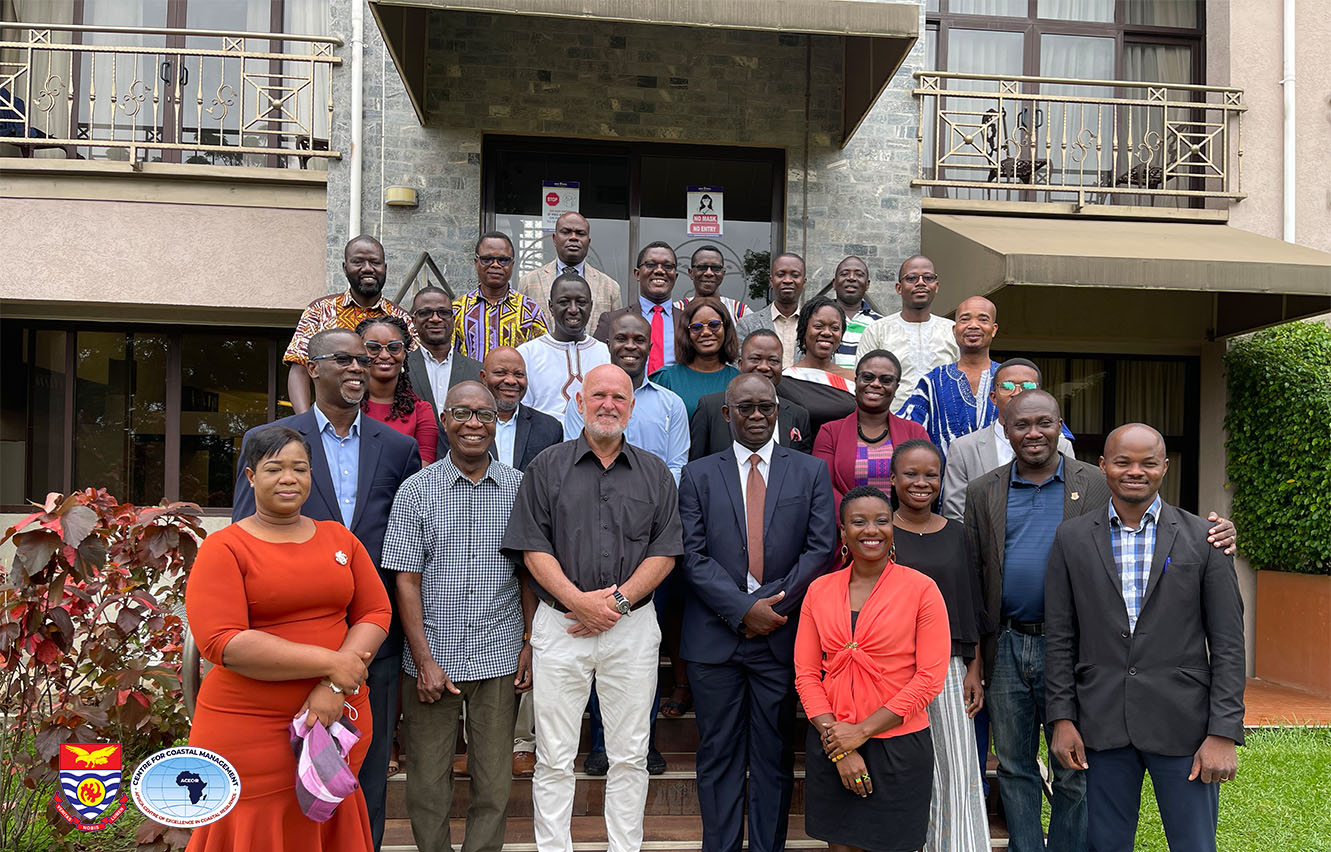
Posted On
Friday, July 8, 2022 - 10:20
Body
World Bank’s Africa Centre of Excellence in Coastal Resilience hosted Professor Matthias Wolff, the subject matter specialist for the ACECoR project for the 2022 Mid-Year Review. The event was held from the 20th to the 21st of June 2022 at the Ridge Royale Hotel in Cape Coast. The two-day event also had in attendance Dr. Sylvia Mkandawire, the ACE Impact Project Director; Dr. Edmund Aalangdong, ACE Impact Focal; Prof. Moses Jojo Eghan, Provost of the College of Natural Sciences and Agriculture [CANS, (University of Cape Coast)]; Representatives from Sectoral Advisory Board (SAB) led by Mr. Jacob Ainoo-Ansah, Professor Denis Aheto, ACECoR Director and the entire ACECoR team.
On the first day of the Mid-Year Review, Professor Moses Jojo Eghan welcomed all participants, extended warm greetings from the Vice-Chancellor, and gave a general overview of the purpose of the mid-year review, which was to help the centre keep track of its activities and timelines while having conversations with Professor Wolf, SAB, Dr. Mkandawire, and Dr. Aalangdong on ways to improve quality delivery of the projects mandates. Professor Denis Aheto reiterated the purpose of the gathering stated by Professor Eghan and added it was even more important to discuss the successes and challenges of the centre as the World Banks’ appointed subject matter specialist for the project was present.
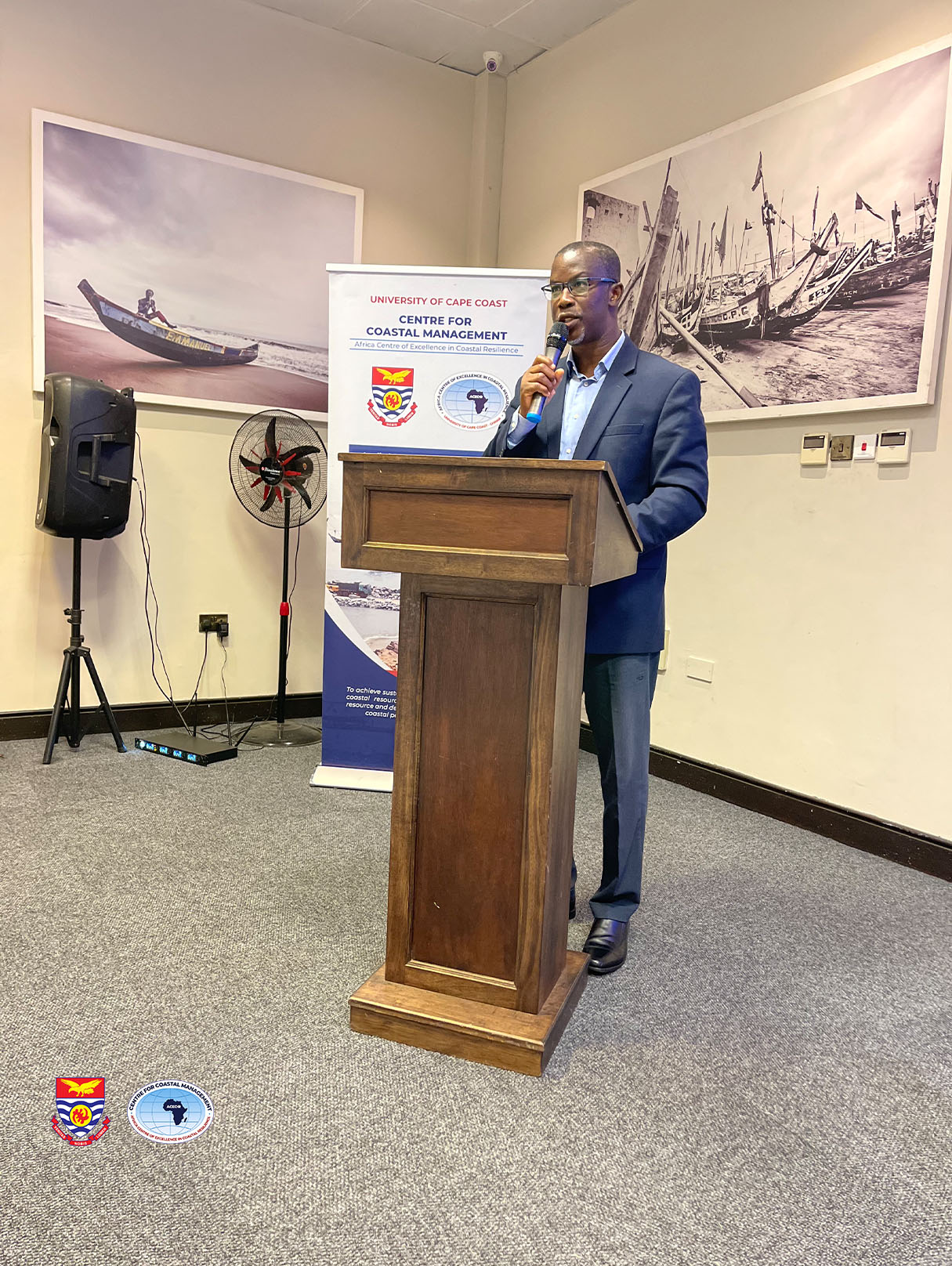
Mr. Jacob Ainoo-Ansah expressed excitement to be associated with ACECoR when he addressed the participants. He admonished the centre not to rest on its laurels but to work hard and enjoy working, and also stressed the importance of having the review.
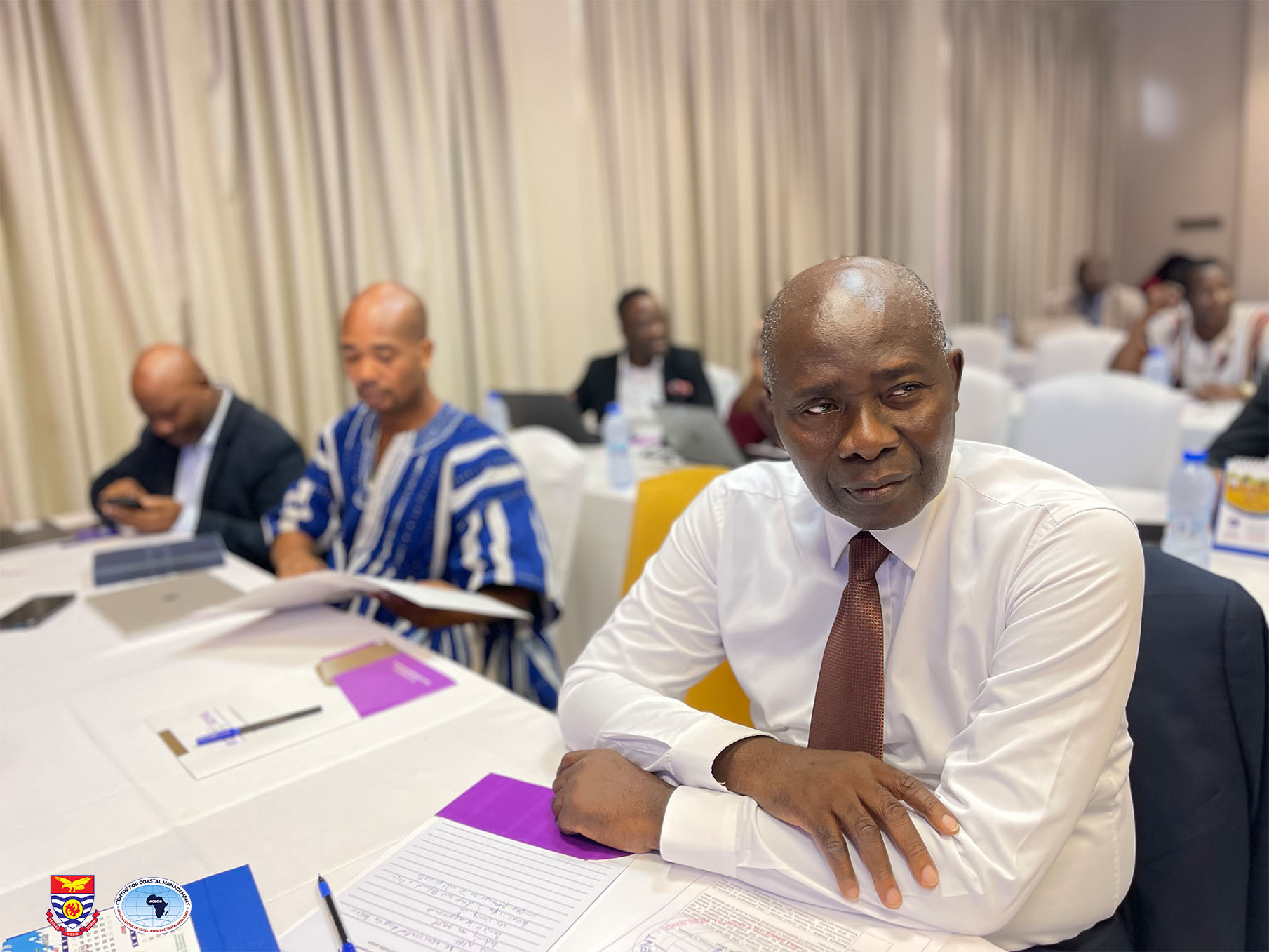
Professor Aheto was called upon to present on the project implementation progress and challenges where he highlighted the core mandates of ACECoR including the research thematic areas and various projects being run under ACECoR. He drew the attention of participants to the challenges faced as a society and how research can contribute to solving the challenges. He mentioned the problem of space and said that was the reason the centre was working assiduously to complete the building complex. The key expertise of the human resources at the centre was highlighted and was excited to announce that ACECoR had been identified by Professor Daniel Pauly to receive all his books with the gesture being facilitated by Professor Rashid Sumaila, and he also announced that the centre’s grant income had increased by 16%. He also said the centre had published about 60 peer-reviewed papers in Scopus indexed journals since 2019 and acknowledged the efforts of the professional fellows in achieving this feat.
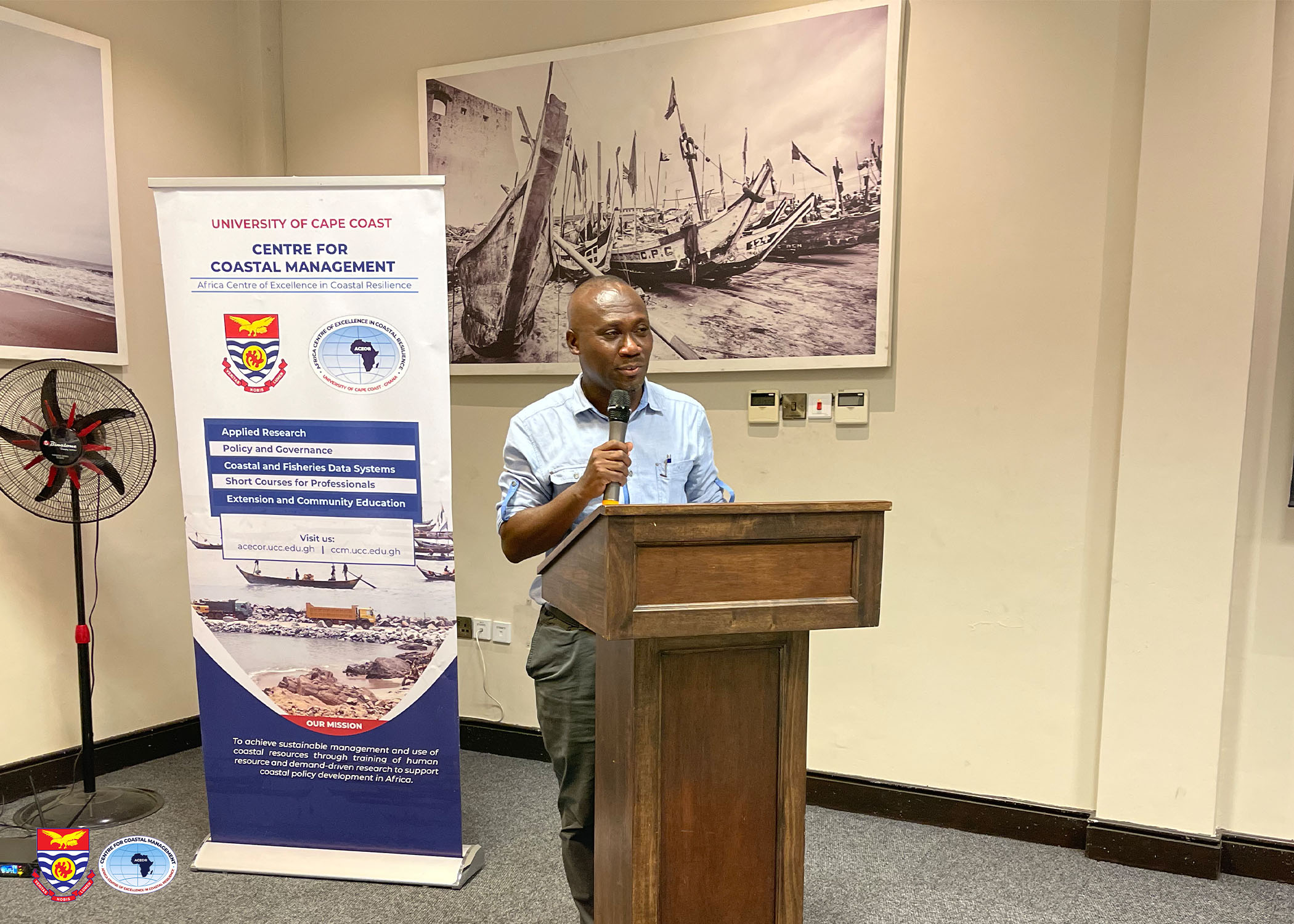
An entourage consisting of the director, academic coordinator, administrator, and a research fellow all from ACECoR, Provost of CANS (UCC), and representatives from SAB went with Professor Wolff for a courtesy call on the Vice-Chancellor of University of Cape Coast. The entourage was received by the Vice-Chancellor, Pro-Vice-Chancellor, and Registrar of UCC. The entourage was welcomed warmly and asked the purpose of their visit, with the director of ACECoR answering that and further introducing Professor Wolff to the leadership of UCC as well as indicating his role in the centre. Professor Wolff was also given the opportunity to introduce himself to the leadership team. The VC and his team expressed happiness to have him around and hoped his skill set and knowledge would go a long way to help the centre achieve its aims and objectives.
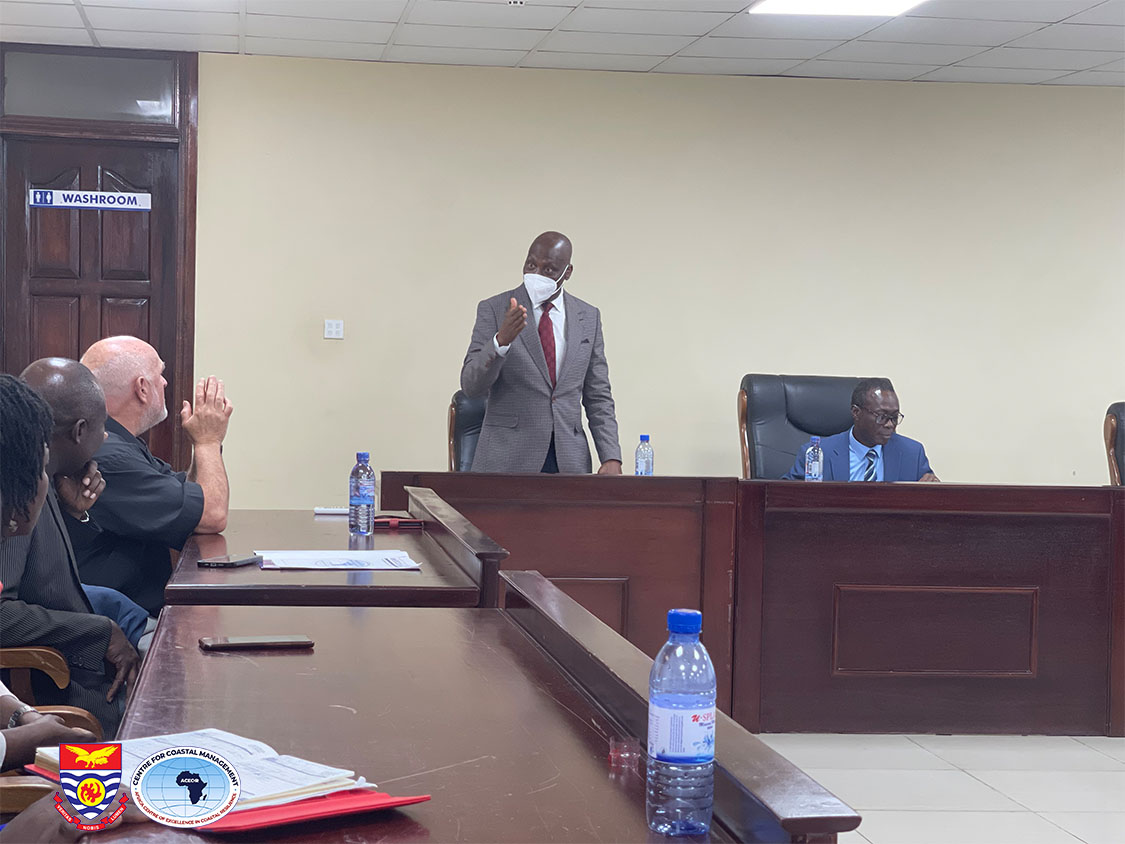
After the courtesy call, Dr. Isaac Okyere, the academic coordinator of ACECoR spoke about the programs offered by the centre and also gave an overview of the application process, shortlisted applicants, and the gender and regional diversity of students. He also highlighted the teaching and learning approach (blended) approach, where, lectures were both virtual and in-person. The Coastal Engineering and Blue Economy programs were also announced to be open for enrolment soon after the national accreditation processes are completed. On behalf of Professor Samuel Tulashie, the research coordinator of the centre, Dr. Michael Miyittah made a presentation on the progress of the centre, highlighting the various thematic areas that ACECoR’s research is based on.
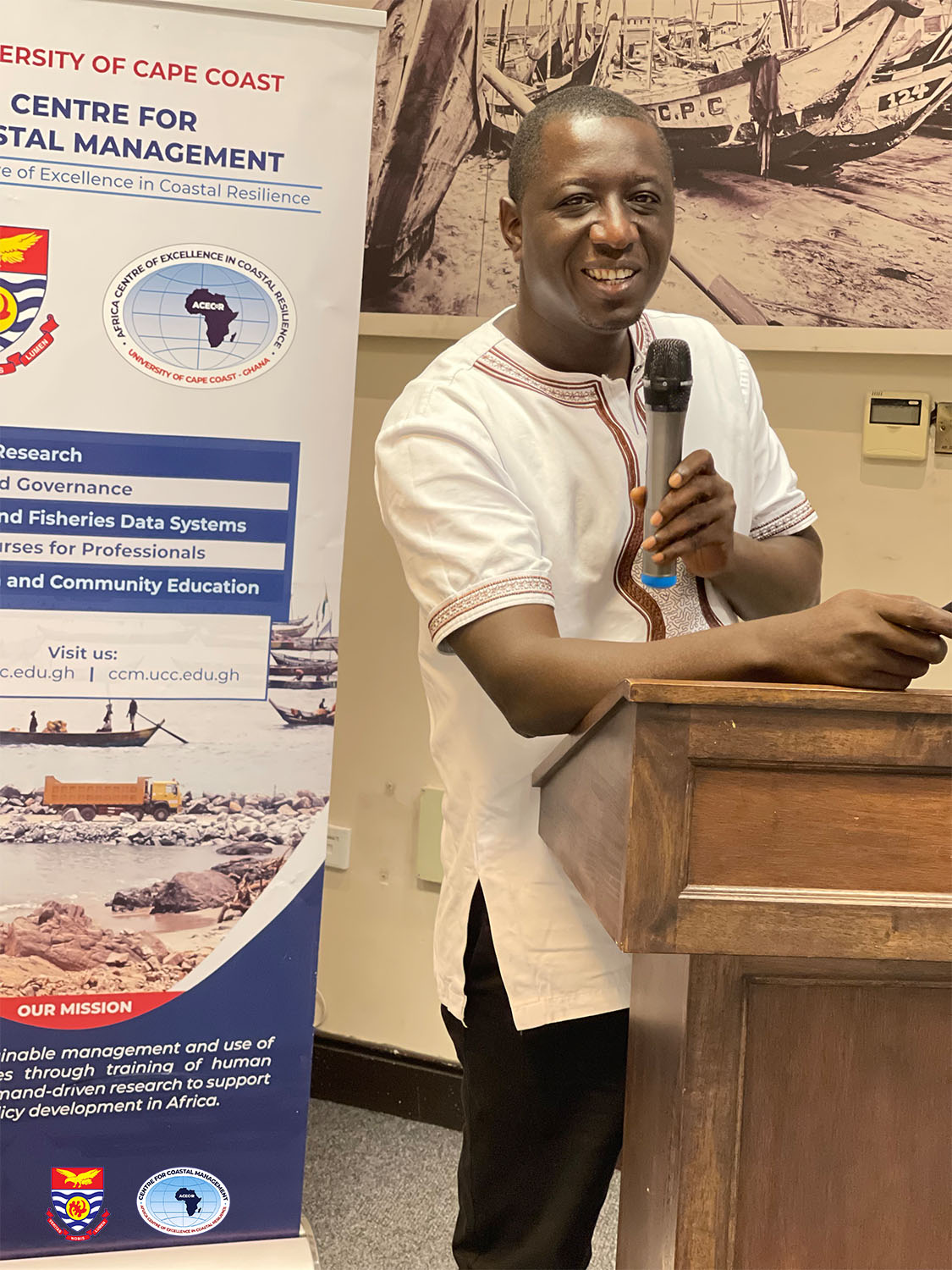
The research agenda of ACECoR was spoken about by Dr. Precious Mattah. He mentioned the key features of ACECoR’s research agenda and reiterated the collaborations that exist between the centre and other departments of the university and other institutions. The statistical representation of the centre’s core staff, post-doctoral fellows, and professional/senior fellows. An open forum session followed this presentation.
After the open forum, Dr. Noble Asare presented to participants, the networks established between the centre and industry, academic, and research institutions and highlighted the importance of such partnerships. Dr. Ernest Afrifa followed the series of presentations with a brief on the environmental and safeguards aspect of ACECoR, where he highlighted the ACECoR building project and the conditions surrounding it as well as the documentation that had been completed and those being worked on. The data hub development coordinator, Dr. Acheampong also made a brief presentation highlighting the objectives of the data hub and announcing that the database that had been developed so far, FISHCOM Ghana had been hosted on the university of Cape Coast’s domain.
An opportunity was given for questions and answers, and then the event was adjourned till the next day.
The second day of the event was kicked off by Dr. Mkandawire, the ACE Impact director. The ACECoR team was commended on their work efforts and indicated that the Association of African Universities (AAU) holds ACECoR in high esteem. She further reiterated the importance of having frequent reviews as it builds trust among the ACE centres and AAU. She also asked that the centre speeds up on the building process, considering the working space deficits and consider the sustainability of the centre in the event that the ACECoR project comes to an end. Dr. Aalangdong, who is also the focal person for the ACE Impact project gave his remarks, commending ACECoR for coming a long way but also stated there was more room for improvement.
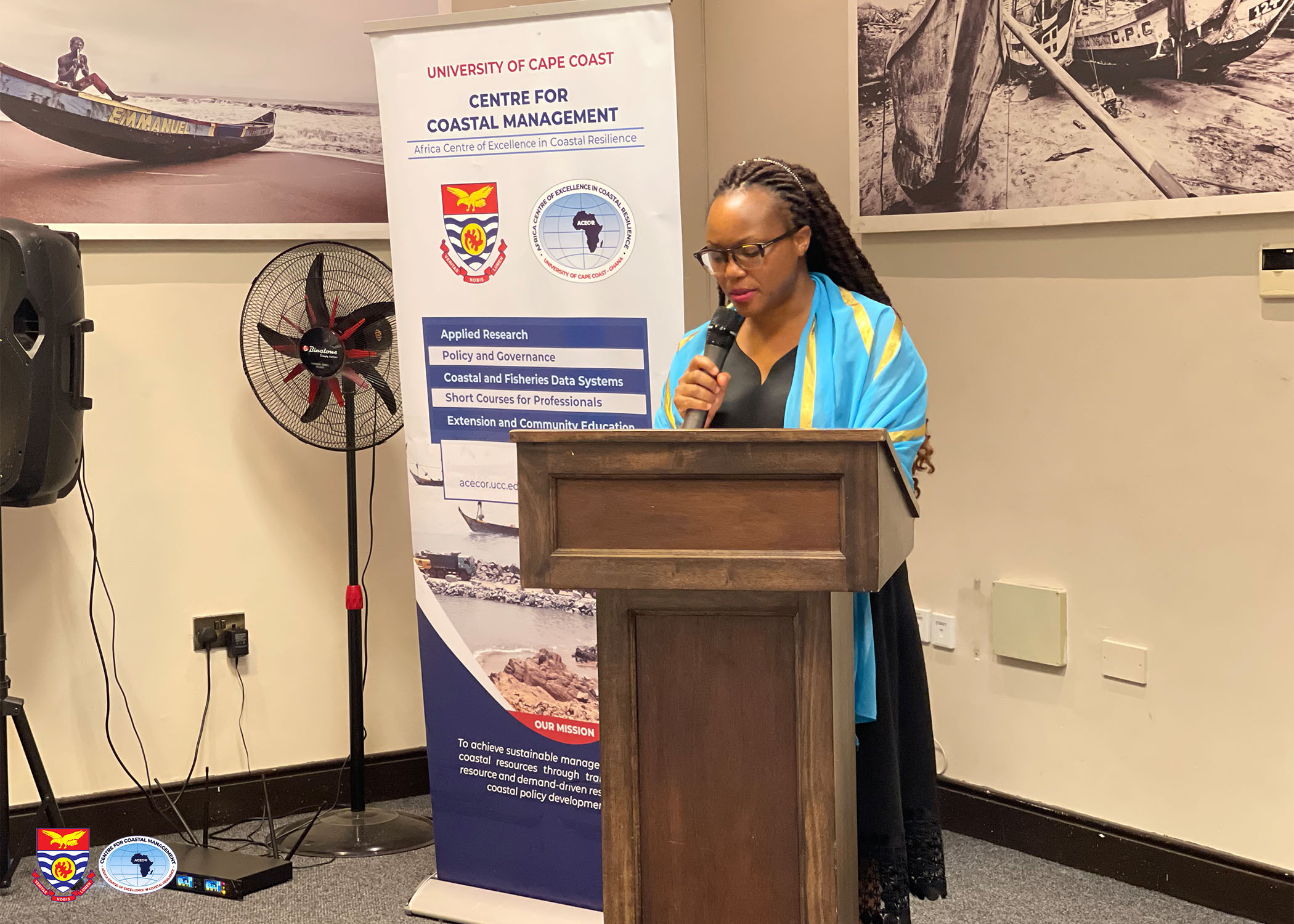
The monitoring and evaluation officer of ACECoR, Mr. Joshua Adotey presented on the performance of the centre according to the indicators set by the World Bank and AAU. He highlighted the achievements, improvements, and shortfalls of the centre and opened up for suggestions from the participants and guests on how to improve on these shortcomings.
It was finally time for the guest of honor, Professor Wolff to give his remarks and recommendations as well as present his works on marine ecology in the last 40 years with the theme, “Opportunities for the Sustainable Use of Oceanic and Coastal Systems Using an Ecosystem-Based Approach”. He was excited and impressed about the progress in various areas of ACECoR, and went further to have a session with the students in a separate meeting to learn about their research interests and motivations as well as their expectations and challenges in enrolling in academic programs with ACECoR. He was also taken on a tour to view the various facilities of ACECoR and was happy to see that the centre was well equipped in their labs and hoped the building project would finish soon so the entire team could move in.
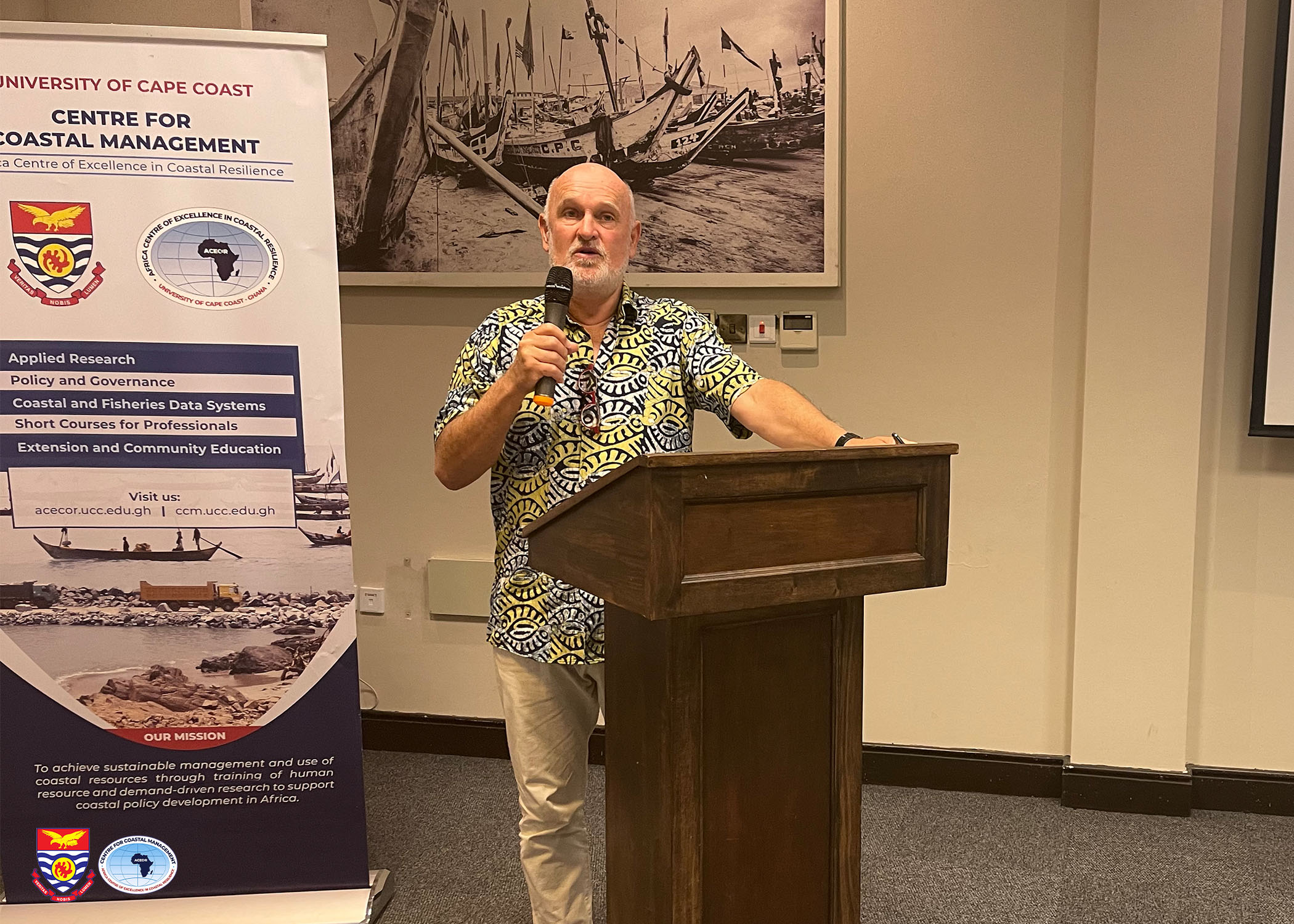
The ACECoR team hopes to implement lessons learned from this review to make the centre better than it currently is.
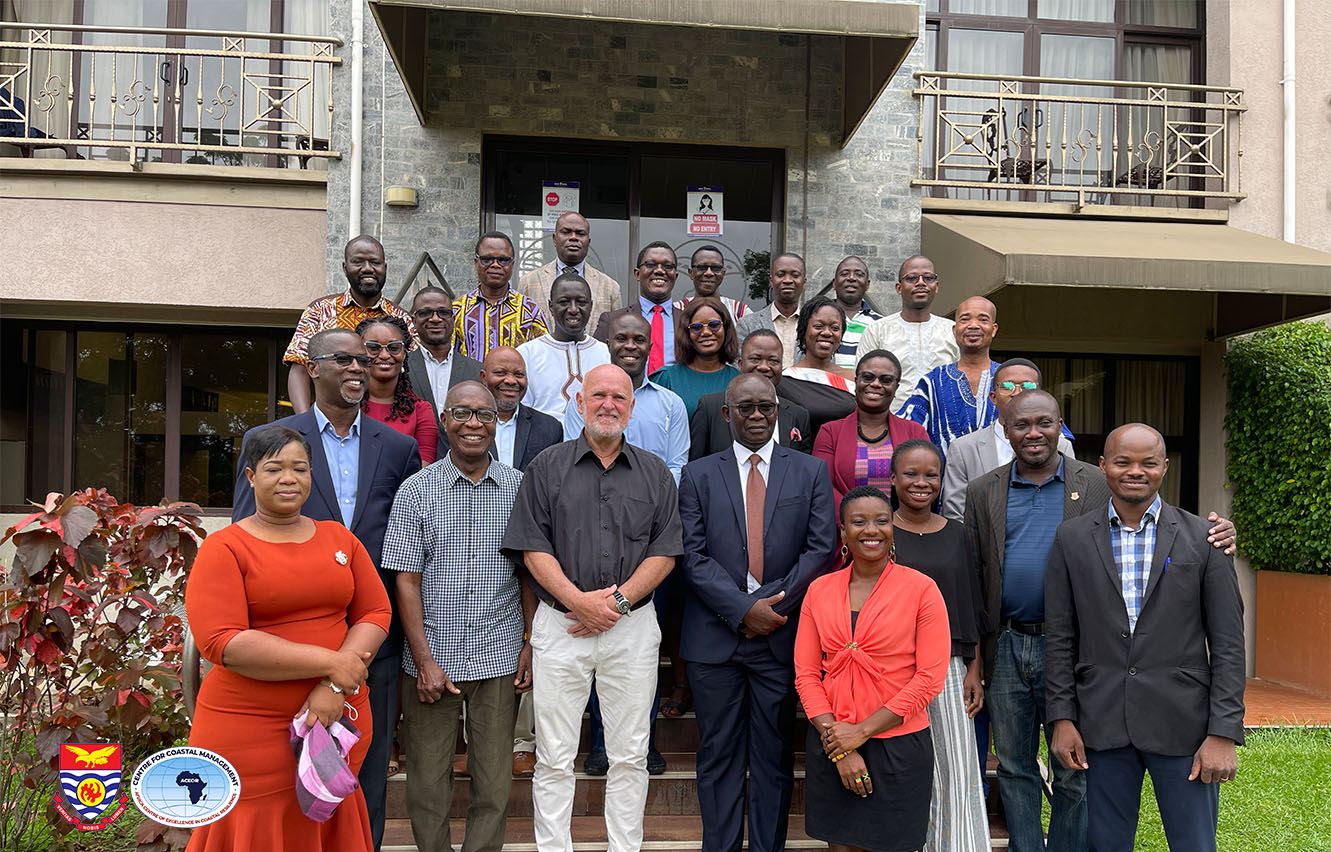
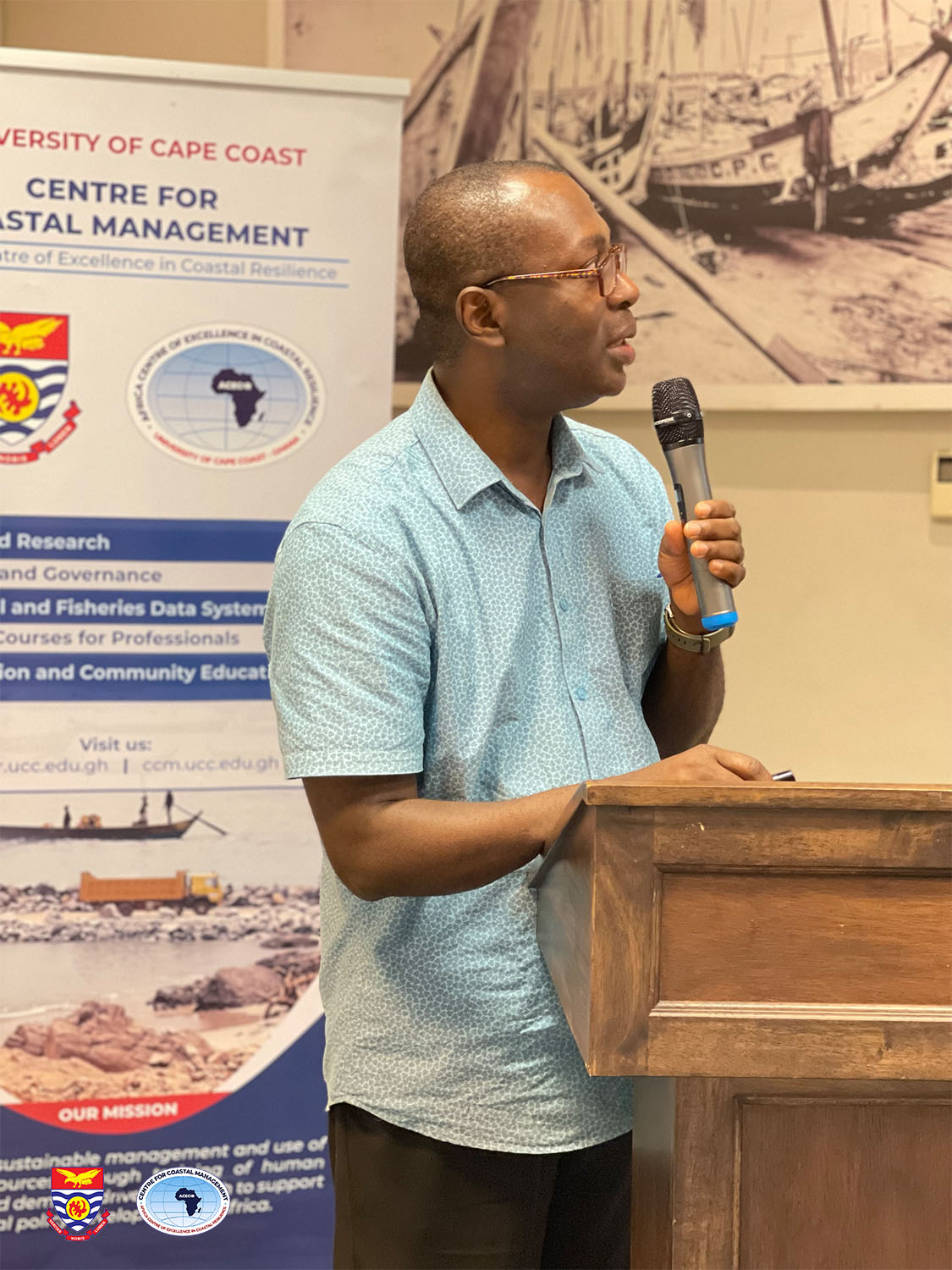
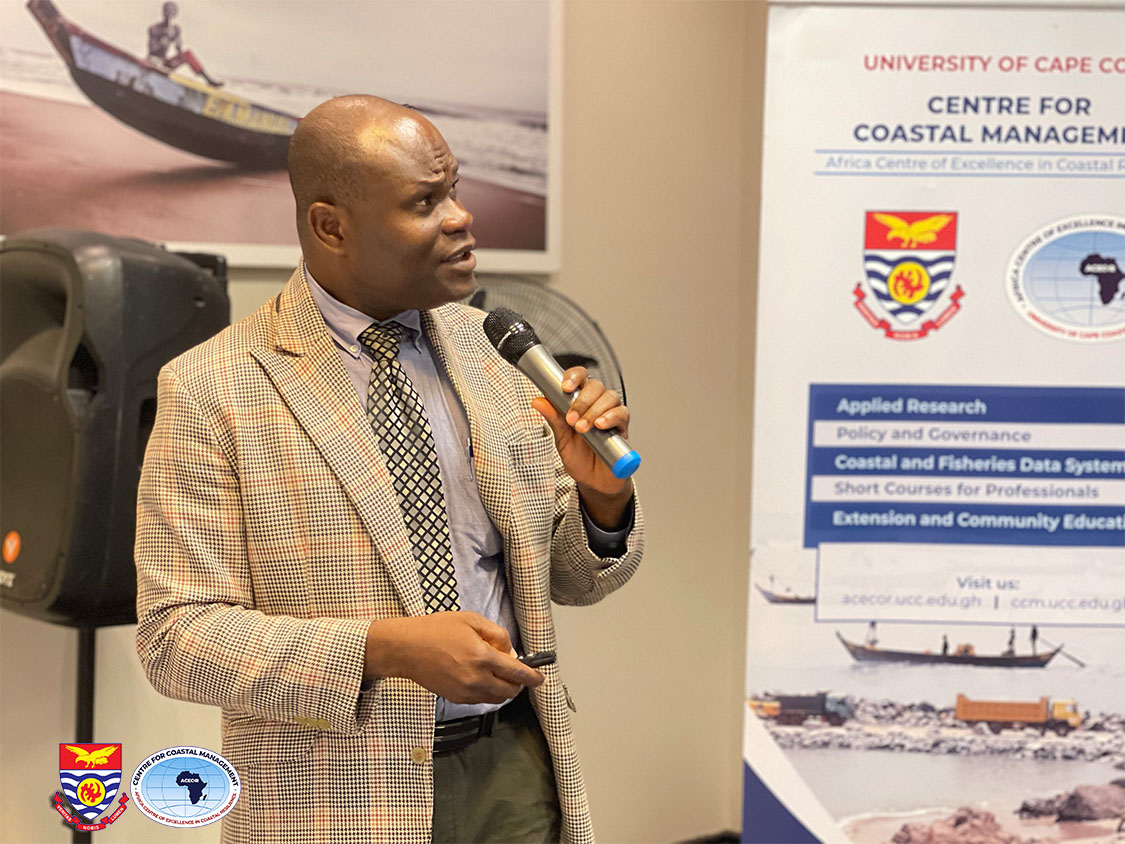

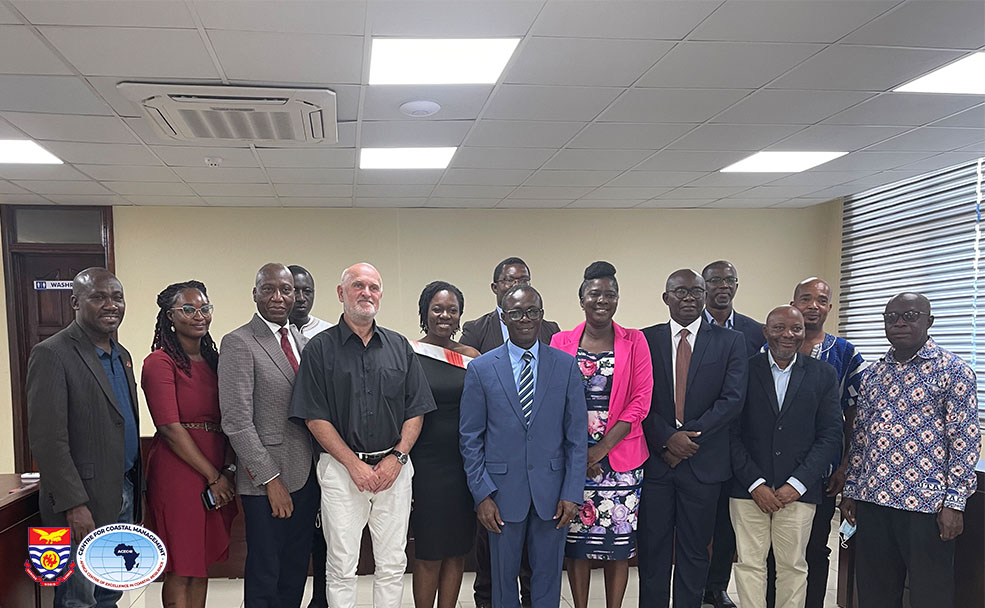
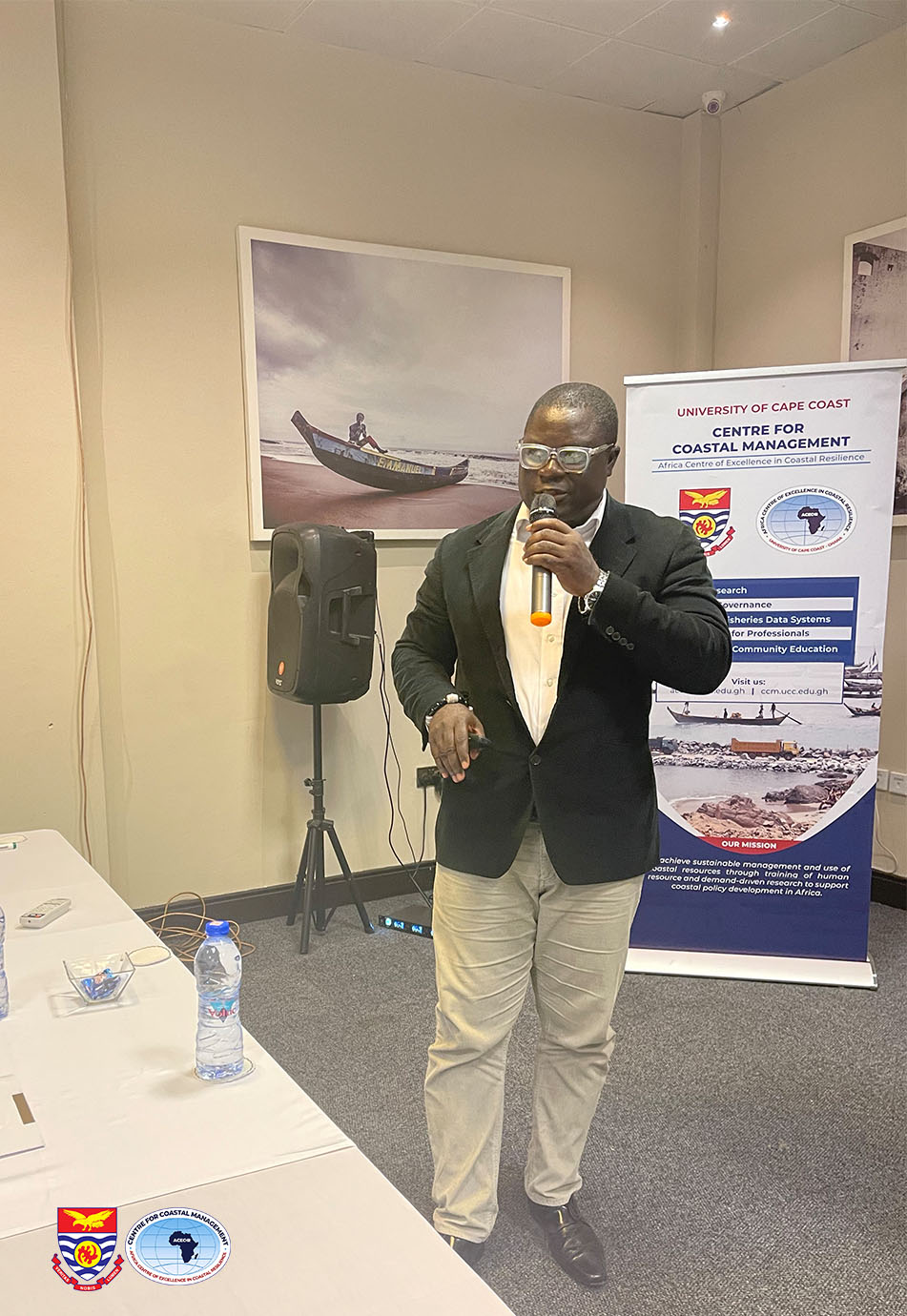
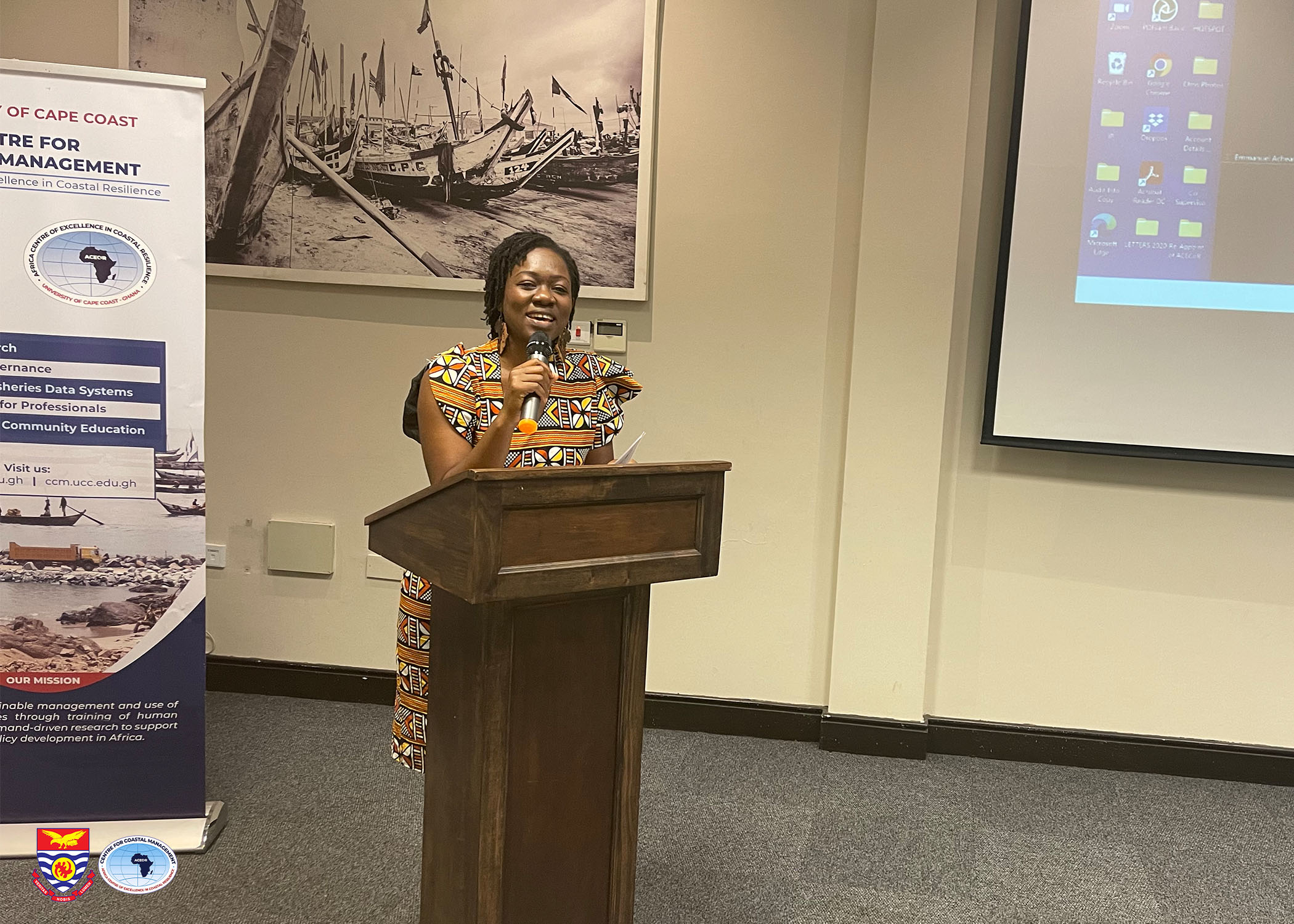
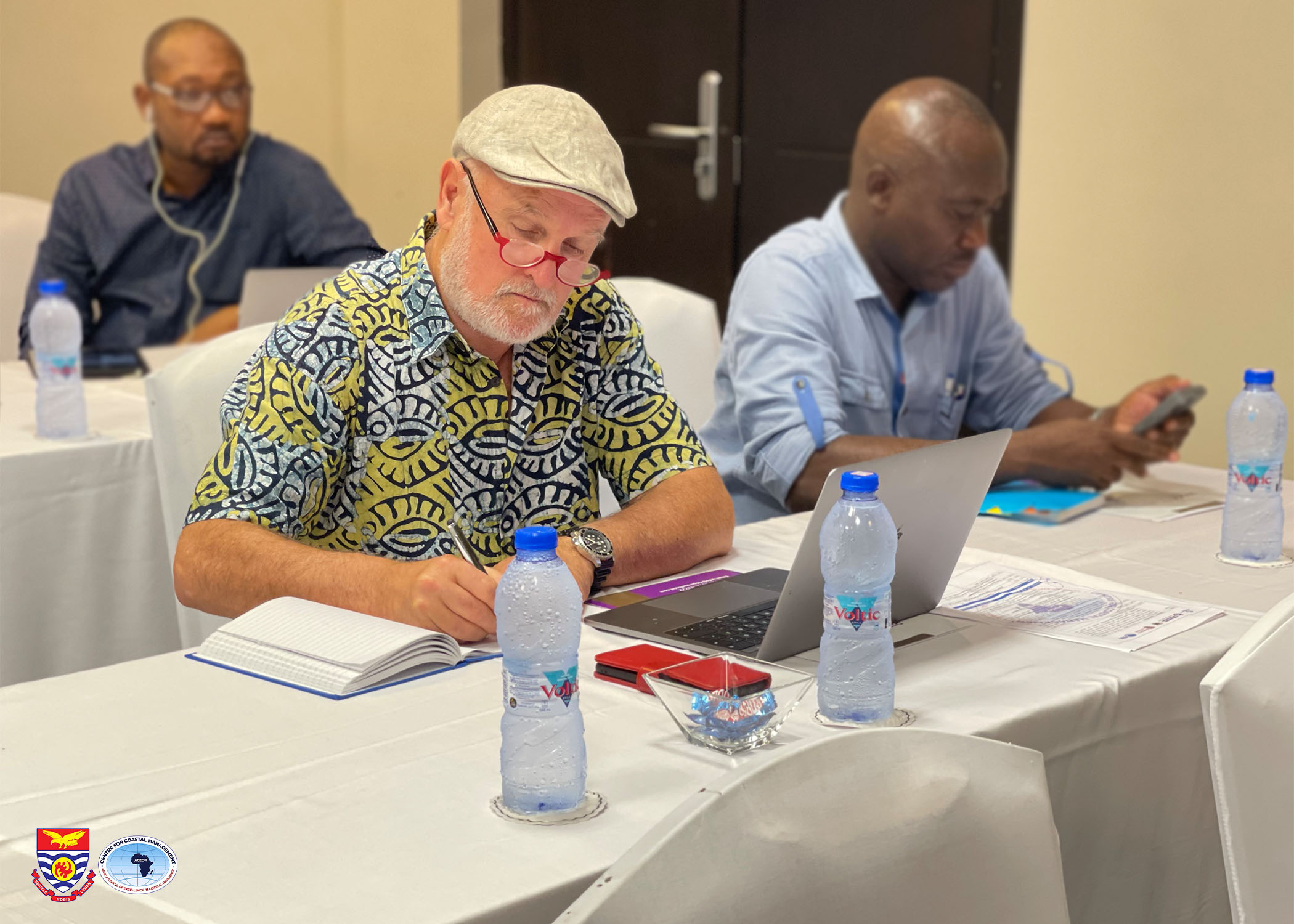
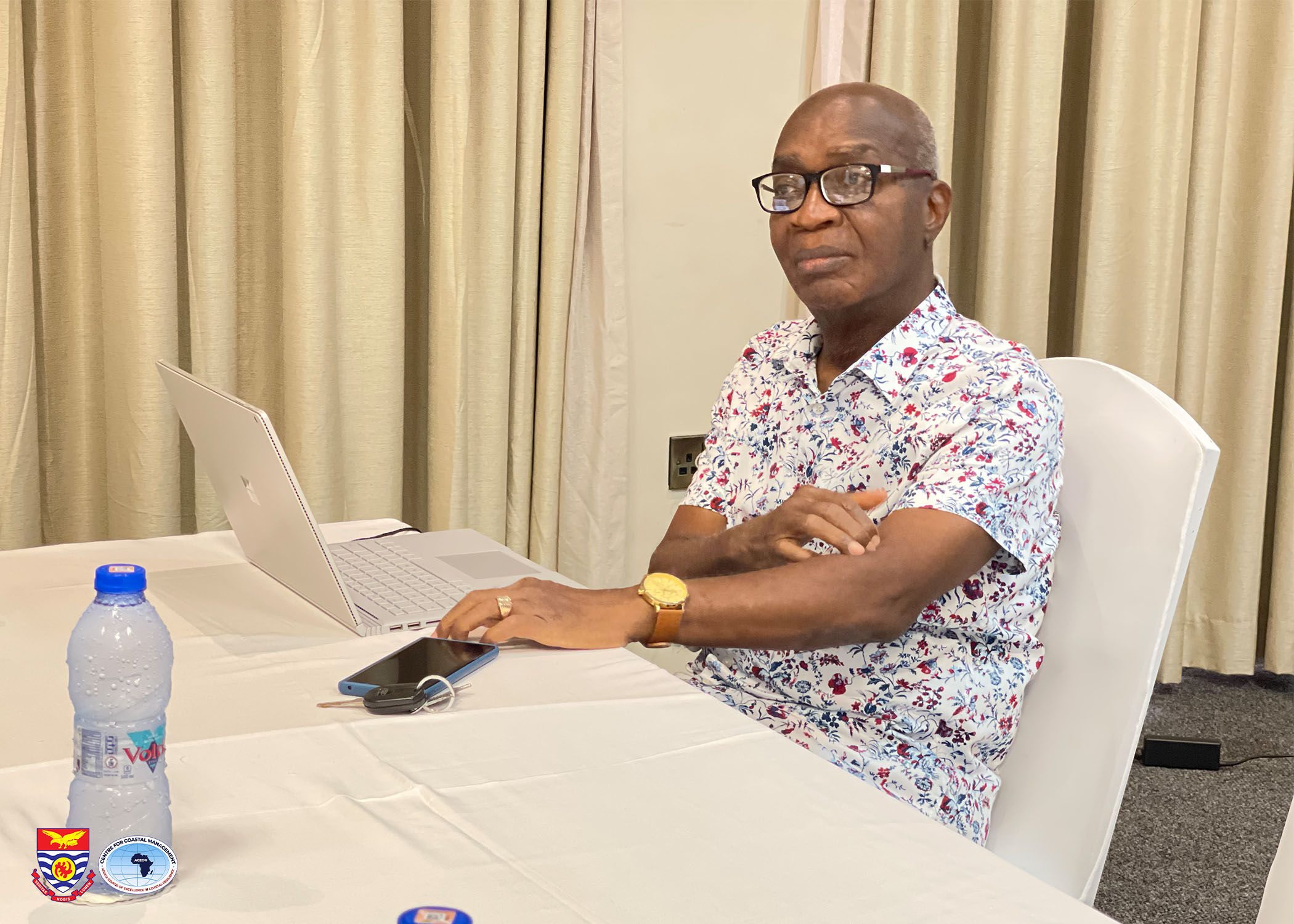
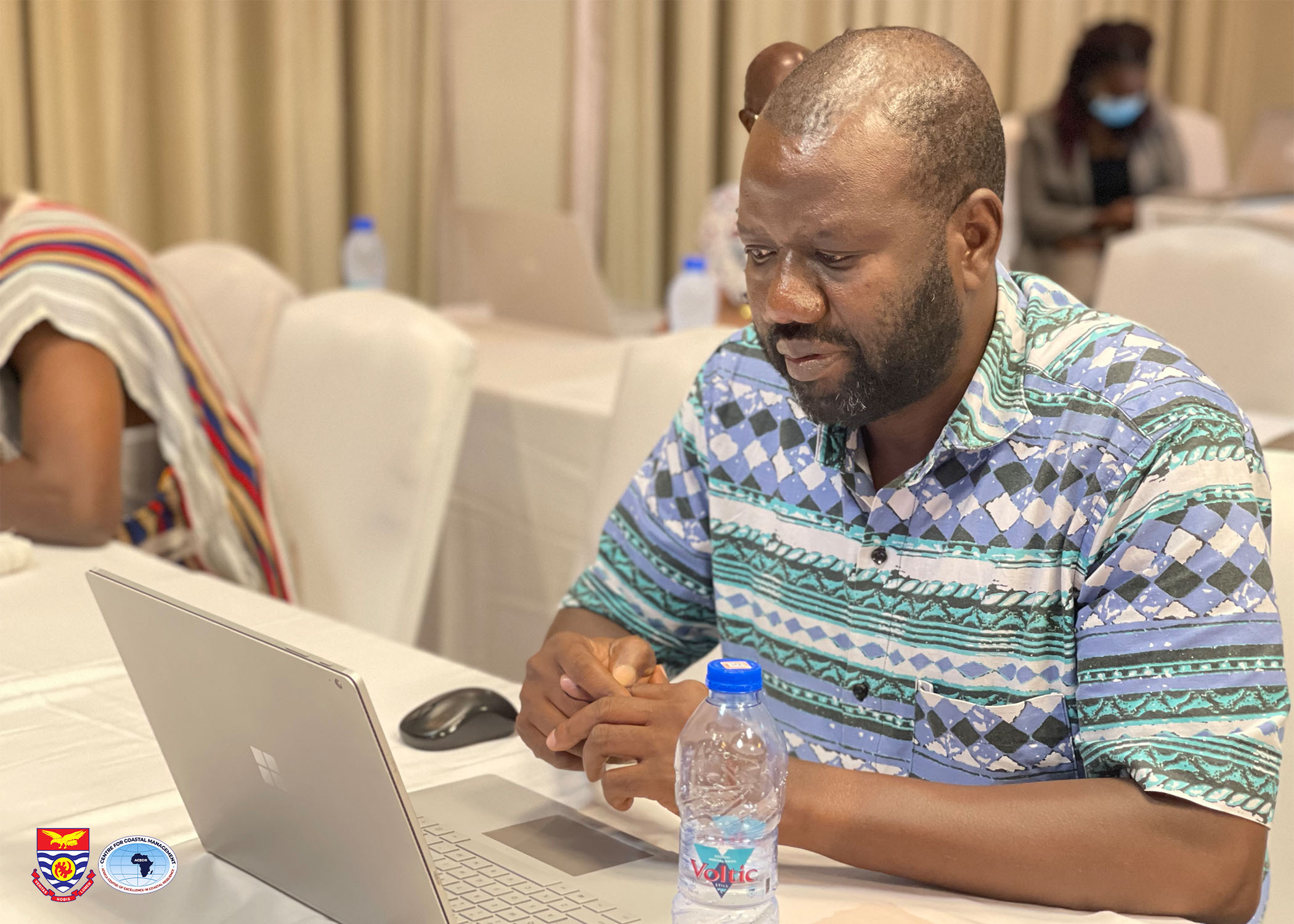
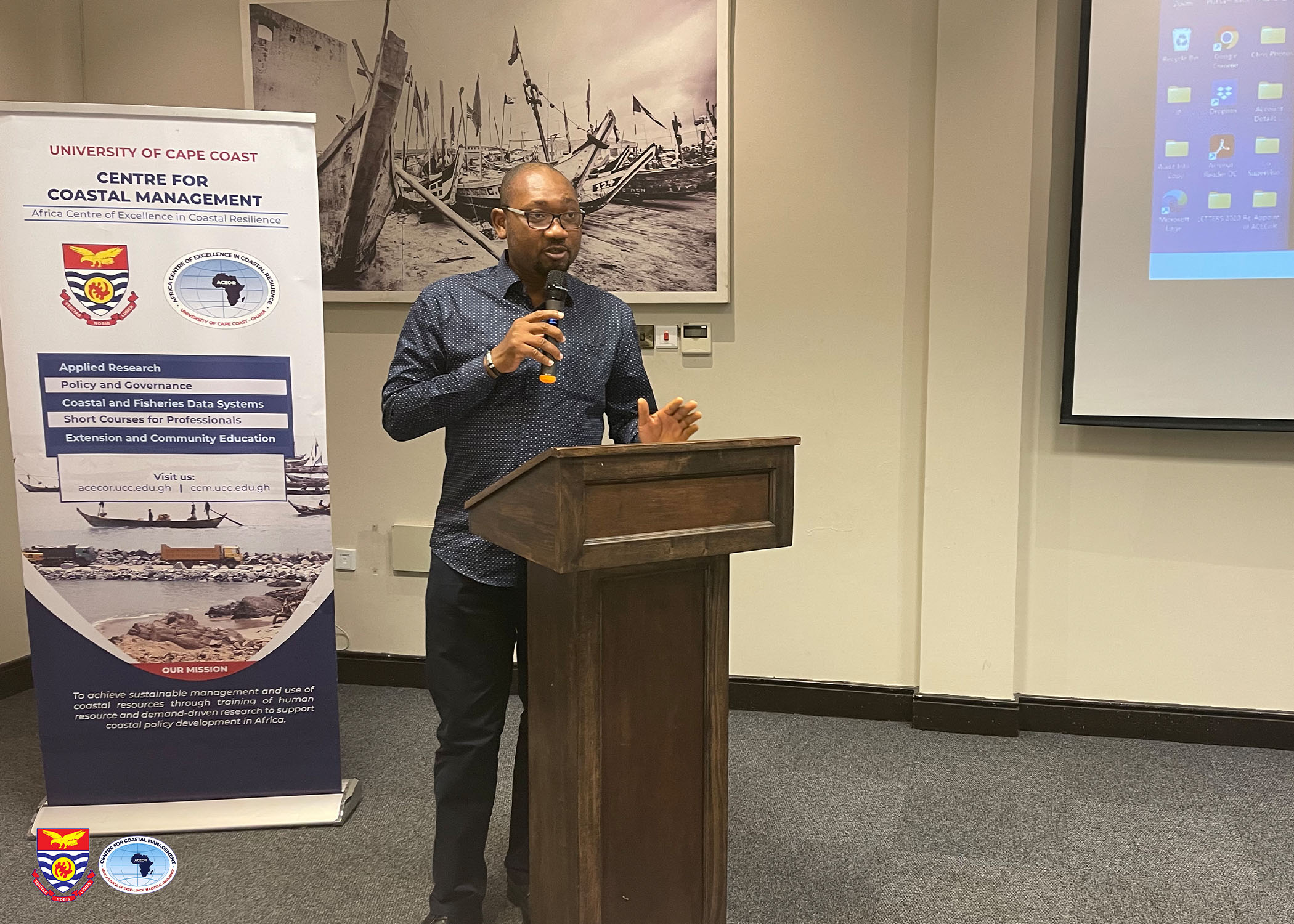
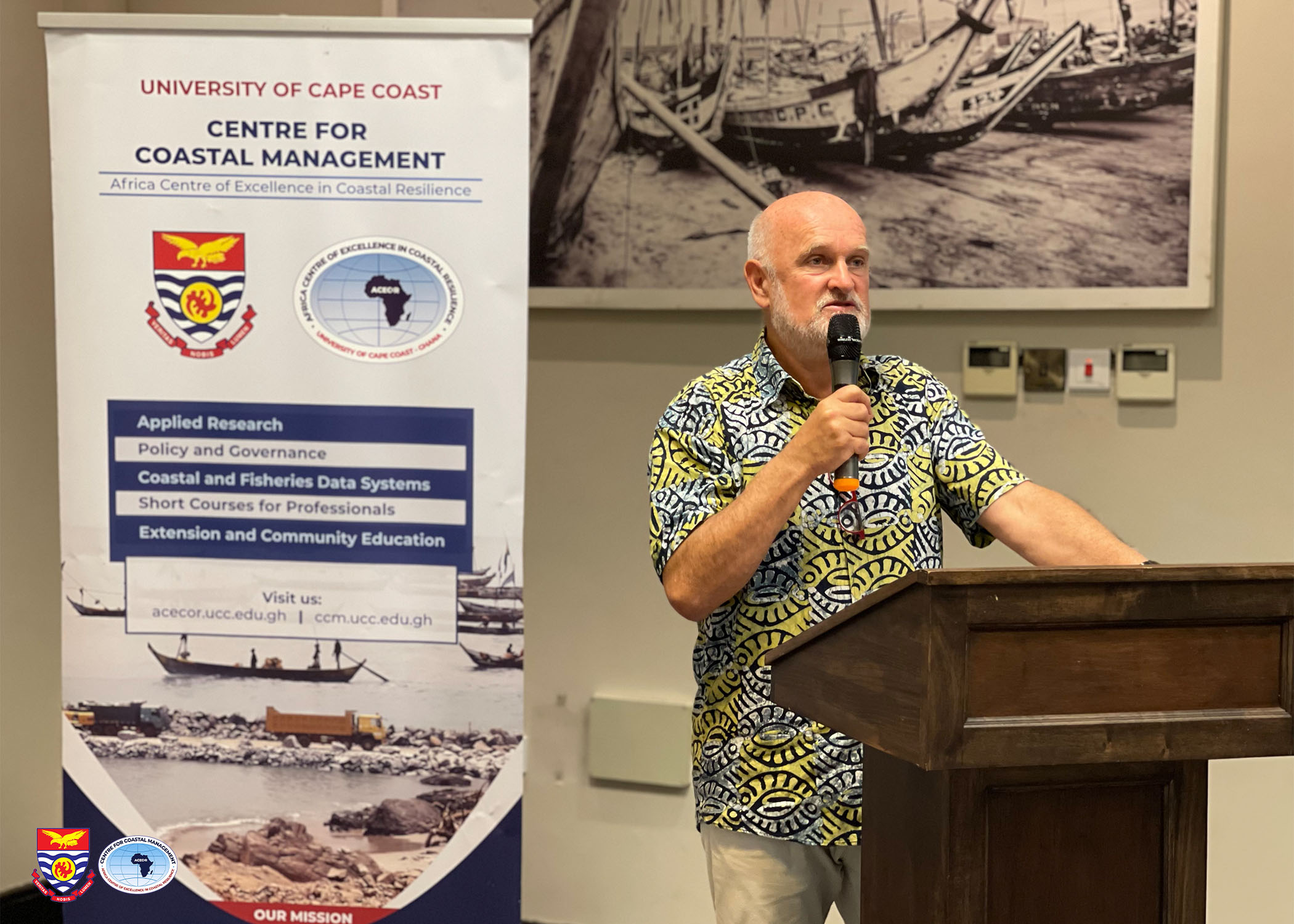
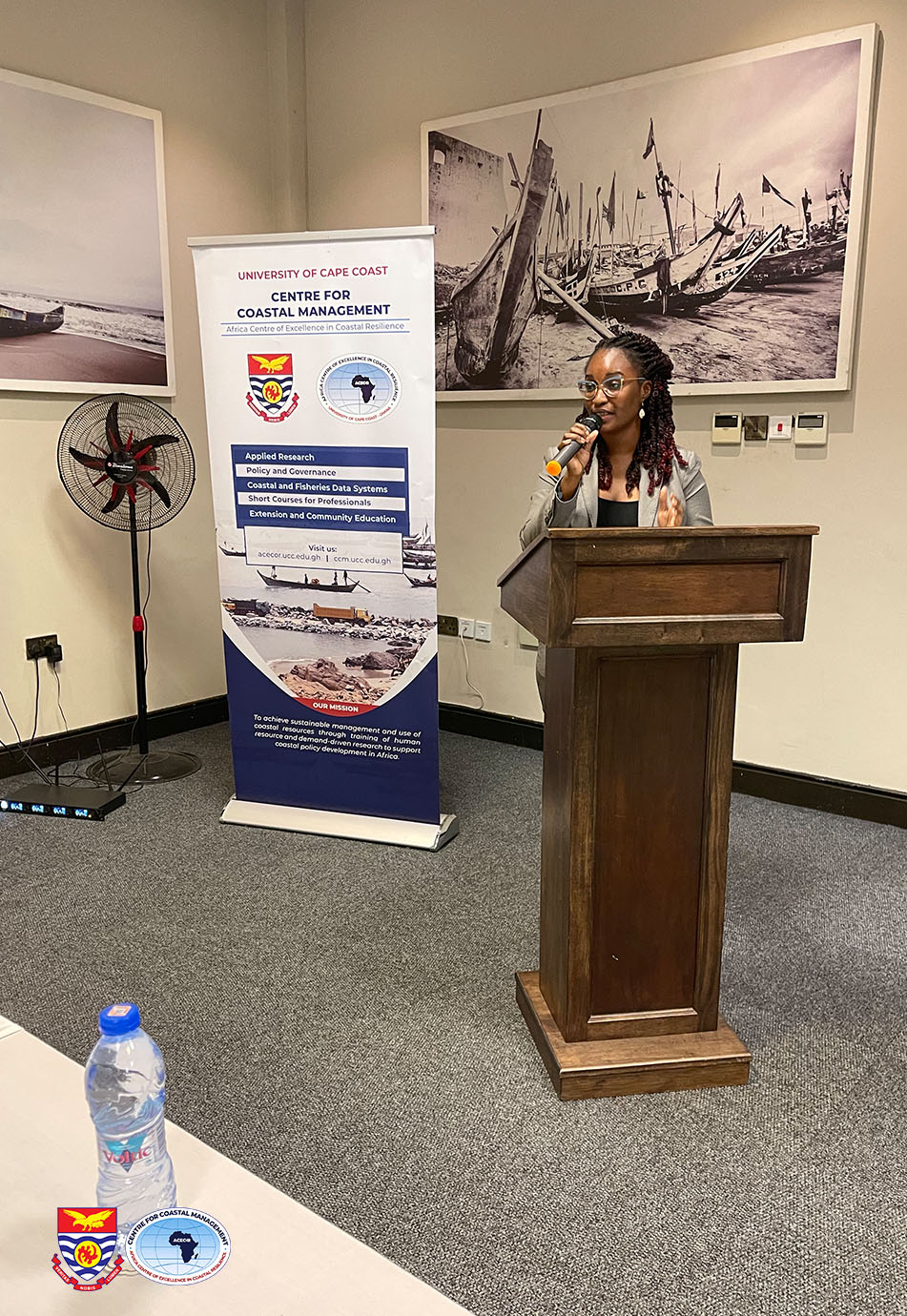
Last modified
